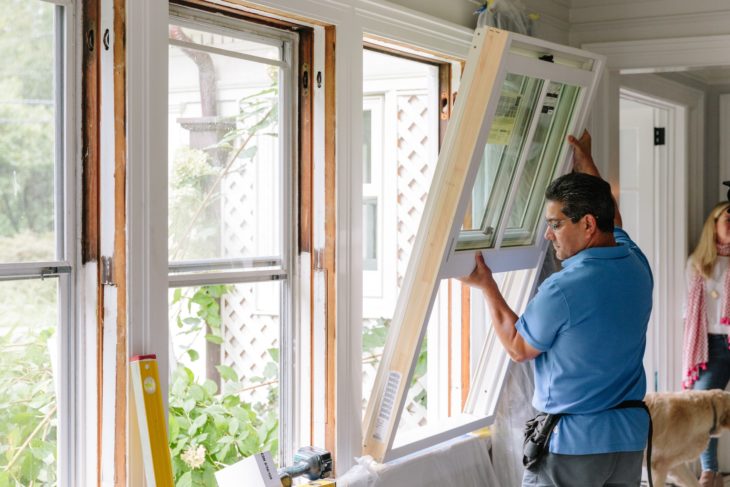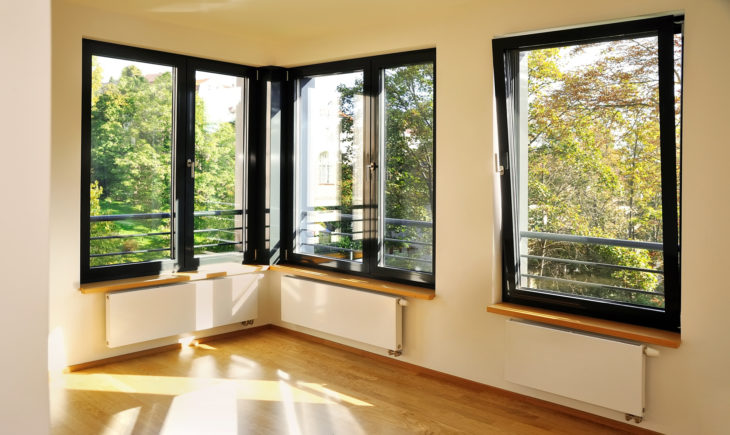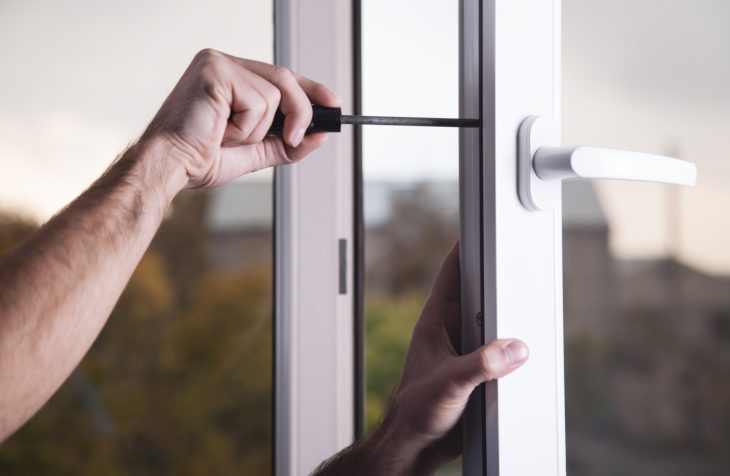Whether you’re out to invest in home windows for an enhanced curb appeal, safety and security reasons, or just to get those old damaged out of sight, there are several factors to consider. These tips will make your replacement shopping a success.
From style to energy efficiency and to the material, ensure the replacement ones perfectly suit the architectural and energy efficiency needs of your home. We reached out to the pros at ZenWindowsAustin for advice on how to ensure you invest that are perfect for your lifestyle. Here is the feedback they shared.
Contents
1. Contract quality and reputable window manufacturer
Before anything else, you should identify a manufacturer that deals with the type of windows you want. Referrals from friends are a better place to start off; however, ensure you head to the manufacturer’s website for more reviews.
Also, check for things like warranty, the amount of time they’ve been in business, reputation, insurance terms, customer service quality, as well as after-sales services. A good and quality manufacturer should be able to stand by their products to cater for any manufacturing defects that may arise.
As you shop, you’ll notice that some companies (depending on the frame material, glass, and finishing) may even extend their warranties up to a period of 20 years or even more. And so, look out for such deals.

Source: bostonmagazine
2. Ensure window energy efficiency
Want to manage your energy bills comfortably? Then you have to go an extra mile and do more than just sealing the air leaks on your windows. Most homeowners often opt for insulators, tinting, and caulking; which are all short-term solutions.
The most effective and long-term solution to consistent high energy bills is investing in a replacement. Look for ones that carry the energy star symbol.
3. Consider window style
Although you may want a style that matches your home aesthetic needs or improves your home’s energy efficiency, you should also consider issues to do with ventilation. Be sure to invest in one that offers the best ventilation.
For instance, casement ones are not only energy-efficient but also exhibit easy-operation features like the “open and close” options. This also applies to awning windows—easy to open and close, and allows for higher installations to offer your home the most of natural light and fresh air.

Source: firstplacewindows
4. Check the U-value and R-value
The U-value (U-factor) and R-value are very crucial factors when it comes to choosing the right replacement that guarantees a successful and profitable home upgrade project.
For enhanced home energy efficiency, choose one with high R-value but low U-value. High R-value is an indicator of a highly energy-efficient material whereas low U-value ensures less heat conduction; which then makes the window more energy efficient.
Note:
- R-value measures heat-insulating resistance and so, higher numbers imply good properties.
- U-factor determines the amount of heat transmitted through a window.
- Solar Heat Gain Coefficient (SHGC) measures the amount of solar heat transferred from the outside environment to the inside via the windows. Lower numbers are better as it implies less solar heat transmission.
5. Consider your location
The location should be amongst the very first factors to consider when you finally decide to invest.
Get the right window glass that suits your area’s climate. For instance, double pane works perfectly well for both cold and warm climates, that is, with proper installation.
They feature a layer of air (usually between the glass layers) which helps regulate your home’s temperature during summer and winter seasons. The layer helps lock warm air in a while keeping cold air out to ensure that you stay comfortable throughout the seasons. This is in addition to cutting down your energy bills.

Source: nearsay
6. Durability
What’s the life expectancy of your preferred replacement windows?
Window durability is a vital aspect and can sometimes be influenced by climate factors.
A good example is the steel frames. Though strong and popular, steel frames transfer heat quickly and are highly susceptible to erosion, especially in humid climates. They’re also quite expensive compared to other frame options.
Most homeowners, therefore, prefer vinyl and wooden frames (among others) for their cost-effectiveness, durability, and good insulation properties.
Wooden frames can last up to 60 or even 100 years if well maintained; whereas vinyl one can serve anywhere between 20 to 40 years, though may require frequent replacement in extremely hot climates.
Perhaps the most interesting fact about vinyl one is that they attract little to zero maintenance costs so long as you keep them clean—no repainting required as is the case with wooden frames.
The Takeaway
Replacement windows are great home transformation elements—but only if chosen well and accorded the best installation and maintenance services.
In addition to the above five tips, consider contracting a professional installer to ensure even more efficient and durable replacement. If possible, have a single company for material supply and installation.
